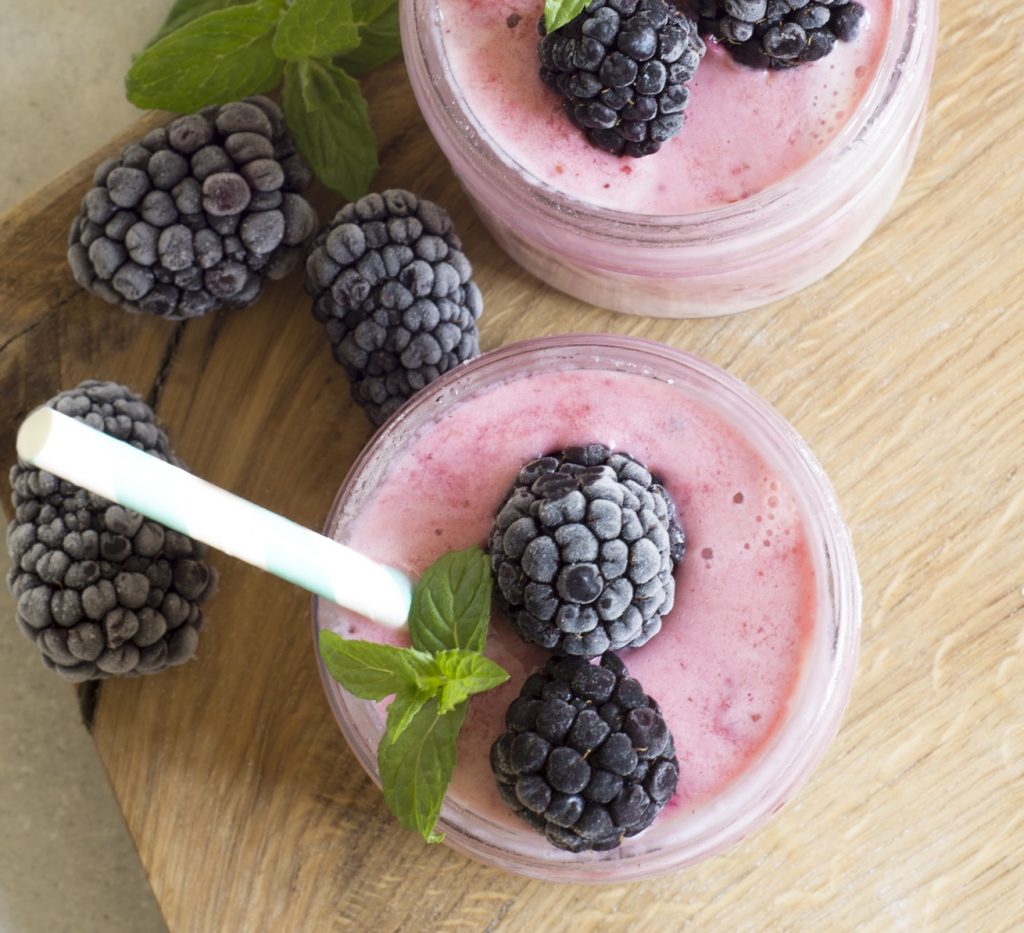Vitamin B12, also known as cobalamin, is a water-soluble B vitamin. It is important in the production of genetic material and red blood cells and maintenance of the nervous system. Unlike other water-soluble vitamins, it can be stored in the body for long periods of time.

How much do I need?
- 2.4 micrograms per day for adult men and women
For recommendations for infants, children, and teens, check out the chart in CSU Extension’s fact sheet: Water-Soluble Vitamins: B-Complex and Vitamin C
Food sources
Vitamin B12 is found naturally in animal products. Great sources of Vitamin B12 include fish, eggs, meat, liver, dairy products, oysters, and shellfish. It has also been added to many products such as fortified breakfast cereals and nutritional yeasts.
What happens if I don’t get enough?
Symptoms of deficiency include anemia, fatigue, brain disorders, and nerve problems causing tingling or numbing sensations. Most vitamin B12 deficiencies occur among individuals consuming a vegan diet, infants of vegan mothers, and the elderly. Since this vitamin only exists naturally in animal products, adequate amounts must be added to vegan diets through fortified foods, or supplements. Vitamin B12 deficiency is more common with aging due to reduced gastrointestinal absorption of the vitamin. In this case, monthly injections may be needed to supply adequate Vitamin B12.
Can I get too much?
Current research does not show any harm for getting too much vitamin B12 in your diet.
Did You Know?
Milk is a good source of vitamin B12 and supplies your daily need with only two cups. Follow these tips for adding more milk to your diet:
- Add it to your morning tea or coffee for added flavor.
- Pour it over your favorite whole-grain, low sugar cereal for a great breakfast.
- Combine it with ice and your favorite fruits for a delicious smoothie.
- Try adding low-fat or fat-free milk into your diet for numerous nutritional benefits!

